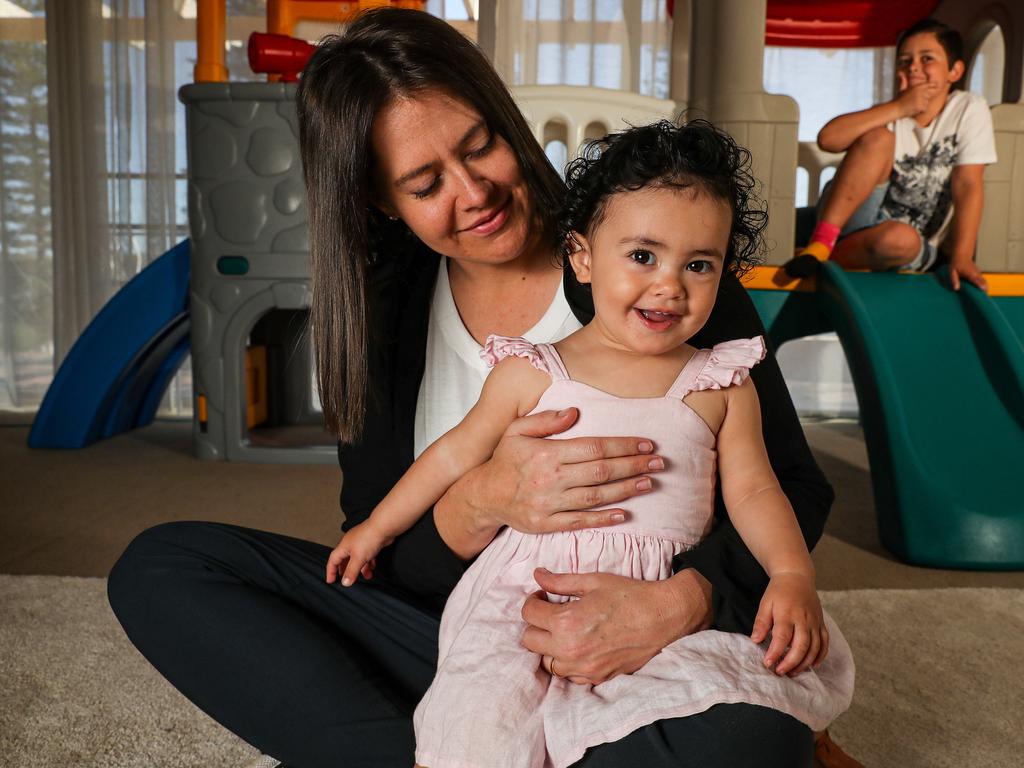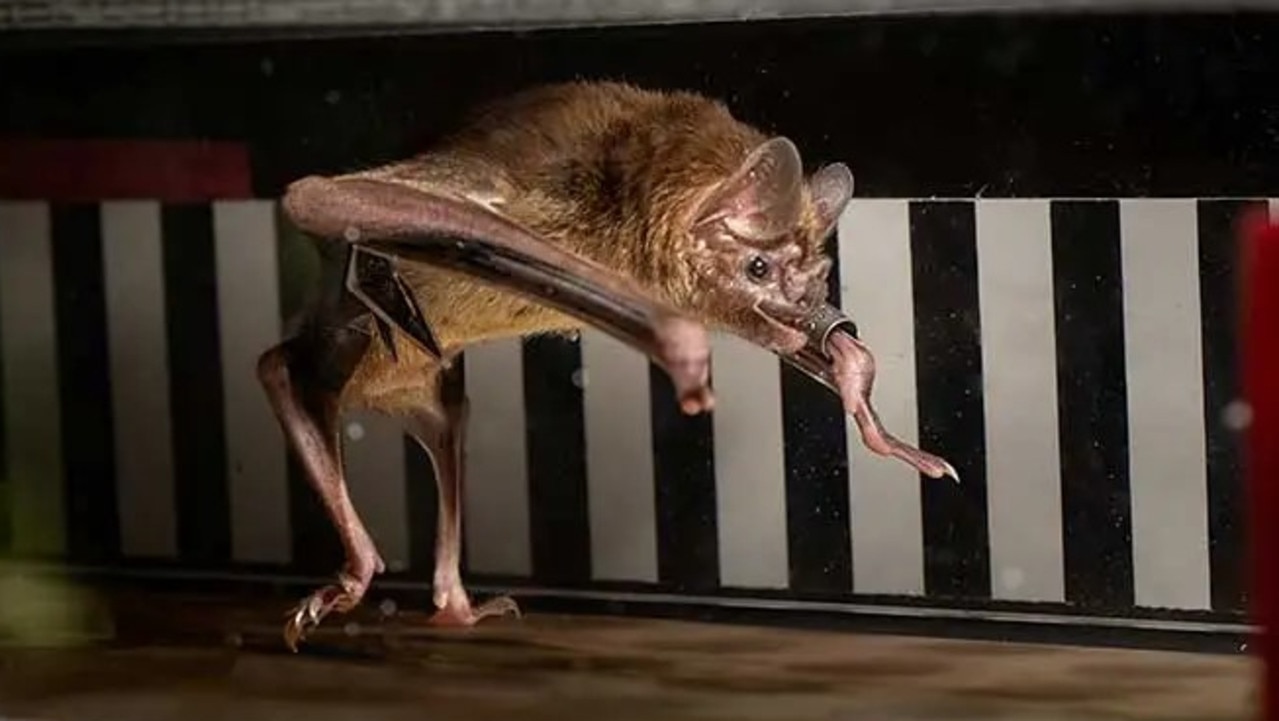Landmark study debunks gut bacteria, autism link
Aussie research turns the popular belief on its head, concluding changes in gut microbiome are the result of ‘fussy eating’ rather than brain development.

A landmark study investigating the link between gut bacteria and the development of autism in children has debunked the popular belief that biological therapies can minimise the neurodevelopmental condition, with Australian researchers dismissing interventionist treatments as baseless and unscientific.
For more than a decade, a slew of controversial dietary programs, therapies and medical procedures have been propagated as effective treatments in minimising autism, a condition that affects approximately two per cent of Australians. As gut complaints are common among people with autism, some have previously claimed that bacterial effects on the brain are a direct cause of the condition.
But a new study conducted by Queensland University’s Mater Research has rejected the supposed link between gut bacteria and the development of autism, concluding that changes in gut microbiome are the result of “fussy eating” rather than changes in brain development.
In 2015, a team of 40 researchers was formed to investigate the assumptions underlying the connection between gut microbiome and the development of autism.
Jake Gratten, lead investigator of the study, said a close literature review found there was no “consistent evidence” verifying the link.
“We performed the largest cohort study to date, and used the latest technology to get a high resolution picture of the microbiome. We also had access to deep clinical and lifestyle information, which enabled us to control for many of the factors that can influence the microbiome, like diet. Not many studies have been able to do this.
“We found that rather than the gut microbiota contributing to autism, it’s more characteristics of autism that contribute to the gut microbiota … We also found that it’s the restricted diets that are often favoured by children on the autism spectrum that is driving changes in the gut microbiota. So very much a ‘mind over microbes’ scenario’.”
Dr Gratten’s research team recruited 247 children – including 99 diagnosed with autism – extracting genetic material from the stool samples and examined them over the course of three years.
The study found that children with an autism diagnosis tended to be “pickier eaters”, causing them to have “less-diverse microbiome” and more watery stools.
Andrew Whitehouse, director of Australia’s Autism Cooperative Research Centre, said the study will provide much-needed clarity to an area that has long been “shrouded in mystery and controversy”.
“The research basically puts causality on its head,” said Professor Whitehouse. “It found that rather than differences in the gut microbiome causing differences in brain development, it’s actually the characteristics of autism that are driving the differences in the gut microbiome.
“There have been many so-called therapies or treatments that claim to help support kids on the spectrum, through diet and even through fecal microbiots transplant, which is essentially putting other people’s poo up your backside.
“I’ve seen families come to me when children are only drinking smoothies or they’re only adding foods with certain colours, or they’re on diets that claim to be tailored to your blood type. All of this is nonsense.
“These create a significant burden on families and what this study shows is that it contradicts the supposed link,” Professor Whitehouse said.







